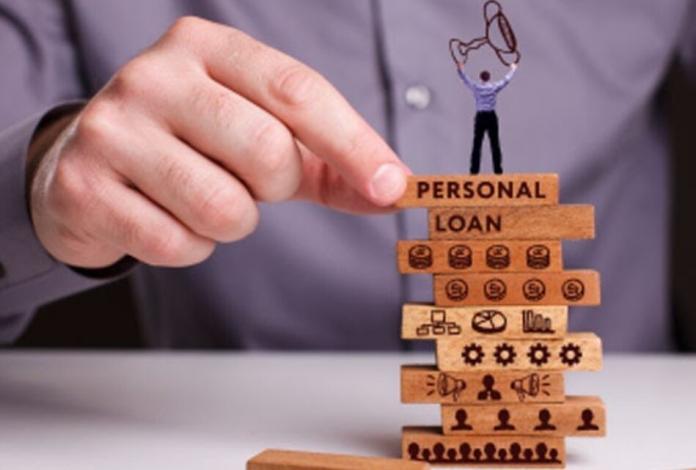It’s no secret that your credit score has a direct tie to your financial health. However, sometimes credit scores can take a turn for the worse. While this may be overwhelming and feel like there’s no way out, that is not always the case. Let’s take a look at how you can get ahead with bad credit.
Knowledge
Before attempting to get ahead with bad credit, it’s important to understand what bad credit is and how you acquired bad credit in the first place. This knowledge can help you avoid believing in credit card myths and being put in the same position in the future. While the exact number will vary depending on the financial institution, a bad credit score is usually considered to be between 300 and 579.
Bad credit may be acquired by making financial transactions that make a negative impact, such as:
- Late Payments – Making late payments, especially on a regular basis, is one of the top factors that lead to a bad credit score. Paying utilities, loans, and credit cards late all reflect poorly on your credit score.
- Loan Defaults – Your account will be marked as a default if you have missed more than one loan payment and are still unable to pay at the end of the given month. Your lending institution will more than likely forward your delinquent payment information to the credit bureaus, and this will damage your borrower’s credit reputation. Making it difficult to acquire loans in the future.
- Charge Offs – If an account is delinquent for a long period of time, the creditor may charge off your account. This means that the creditor has left a black mark on the credit report and has ceased making attempts to get the borrower to make loan payments.
While the above is not the only way to acquire a bad credit score, they are typically the most common. Having a bad credit score can prevent you from doing the following:
- Securing future loans or lines of credit
- Difficulty receiving an approved rental application
- Securing utilities without a mandatory deposit
- Obtaining new cell phone contracts
- Having a smooth employee background check
- Obtaining an affordable insurance premium
Now that we have a better idea of what exactly bad credit is and how it can affect your life, let’s take a look at how it can be corrected.
Check Your Credit Score
Please take advantage of free avenues and check your credit score to understand exactly where it is. Most credit score checkers will also give you a summary of what exactly is affecting your credit score. While learning this may feel overwhelming, it’s always best to take this step so you know exactly where to start. Your credit score is most impacted by the following:
- Your payment history – 35% of your credit score
- Your credit utilization rate (Your available total credit and how much of it you’re using) – 30% of your credit score
- The length of time you’ve been using your credit – 15% of your credit score
- Your mix of credit types that you currently use or have used in the past – 10% of your credit score
- Your hard inquiries (The number of credit account applications you’ve made or opened) – 10% of your credit score.
While checking your credit score, it’s also important to thoroughly examine your credit report. Always ensure that your personal information is 100% accurate and that there are no fraudulent accounts opened in your name. If you notice any inaccurate information, be sure to report and dispute this information with the credit bureau immediately.
Pay Your Bills on Time
To get ahead with bad credit and also maintain a good credit score, you need to make paying your bills on time a top priority. Being responsible for 35% of your credit score, payment history is not something to be overlooked. To avoid being late, set up autopay for all of your recurring bills like car payments, student loans, or phone bills. By doing this, you won’t have to remember when each bill is due, nor will you have to physically sign into each portal to pay it.
Do your best to ensure you have an appropriate amount of funds in your account to cover all of your recurring bills. The best way to do this is by creating and working with a budget that works best for you. Evaluate all your income and expenses to have a realistic idea of what you can and can not afford. If you find paying bills on time difficult or overwhelming because they’re all due around the same time, speak to your lenders or utility providers about changing your payment dates to make things a bit easier for you.
Actively Pay Down on Debt
If you can, make it a goal to pay down your credit card debt at the end of every single month. To keep up with good credit, use your credit card for things you can afford. If you’re not able to pay down on your credit card at the end of each month, a good debt management tip is to hold off on using it until your balance is paid off.
Use the “debt avalanche method” to pay off your highest-interest card first by paying extra money to that card. This will save you money on interest at the end of each month. Or, you can use the “debt snowball method” to pay off small balances at a time. Both of these methods can be motivating and rewarding to you.
Don’t Be Discouraged
Our last and final tip is to not be discouraged. We know that trying to work on your credit score may be like you’re on a long hard road to nowhere. But, with a plan and consistency, it will eventually get better!
Related posts:








